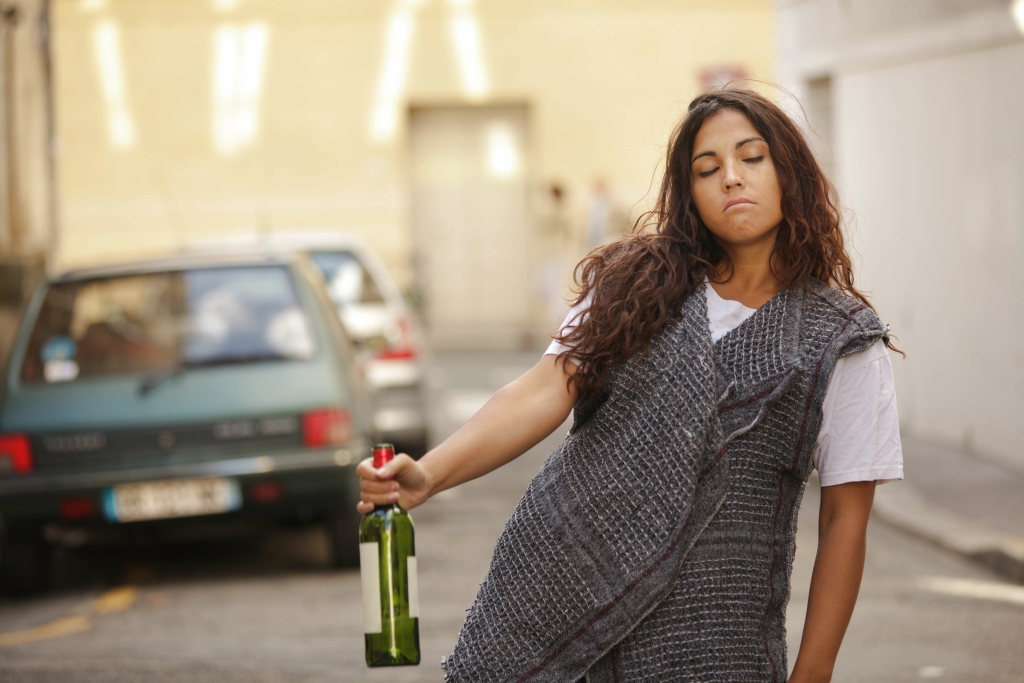In three patients, those changes did not reverse, even after months or years. The two other patients died as a result of complications indirectly related to their hypoglycemia-induced neurological changes. Therefore, to avoid alcohol-related hypoglycemia and its consequences, diabetics should consume alcohol only with or shortly after meals. Alcohol-related blackouts are gaps in a person’s memory for events that occurred while they were intoxicated. These gaps happen when a person drinks enough alcohol to temporarily block the transfer of memories from short-term to long-term storage—known as memory consolidation—in a brain area called the hippocampus. There are two types of alcohol-induced blackouts that a person can experience.
- Diabetic hypoglycemia occurs when someone with diabetes doesn’t have enough sugar (glucose) in his or her blood.
- For this reason, carbohydrate-rich drinks are not really an effective way to prevent hypoglycemia.
- The ADA also states that a drink or two may improve insulin sensitivity and sugar management.
- But if you have diabetes and want to enjoy happy hour, it’s best to take an approach that offers you some protection.
If a person does not get treatment, they are at risk of complications or even sudden cardiac death. Low blood pressure typically causes syncope blackouts because the heart cannot pump enough oxygen-rich blood to the brain. http://pozzitiv.ru/8476-dance-hits-vol211-2011.html If a person is showing symptoms of severe alcohol intoxication, it is important to call the emergency services for treatment. When a person consumes a very large volume of alcohol, an en bloc blackout may occur.
Who is Most At Risk for Blacking Out?
It’s important that family members and close friends know where you keep glucagon and how to give it so that a potentially serious situation can be easier to safely manage. Glucagon is a hormone that stimulates the release of sugar into the blood. Your risk of having a hypo doesn’t go away after you stop drinking – it increases, and can last up to 24 hours. But the size of the glass and type of alcohol affects the number of units, so it’s best to check the guidelines at Alcohol Change UK. If a person experiences blackouts as a result of stress, this is known as a psychogenic blackout. While these blackouts are similar to syncope and epileptic blackouts, the causes are different.

If you’ve already been diagnosed with conditions relating to your kidney or liver function, Harris says alcohol truly is something you should avoid entirely. Let’s take a look at the carbohydrate content of common alcoholic beverages, according to the Calorie King. And when it comes to guessing the carb-content in an alcoholic beverage, Harris says http://www.airsoftclub.ru/tuning/CA870.shtml people too often make false assumptions. Severe hypoglycemia can lead to serious problems, including seizures or unconsciousness, that require emergency care. Make sure your family, friends and co-workers know what to do in an emergency. If you end up having one too many, drinking a pint of water before you go to bed will help keep you hydrated.
Learn more about Smart insulin pen
According to research, binge drinking disrupts your brain’s transfer encoding abilities, and its ability to retrieve memories from both short-term and long-term storage. The best way to overcome diabetes and alcoholism is to seek professional treatment. On a http://www.otsema.ru/pesni/dire_straits.php side note, if you’re struggling to control your drinking despite the damage it’s causing, you may have an alcohol use disorder. Our Palm Beach addiction center offers alcohol detox that can flush it out of your system and help you start fresh in recovery.
- If a person is showing symptoms of severe alcohol intoxication, it is important to call the emergency services for treatment.
- Any person with diabetes type 1 or type 2 that chooses to drink alcohol is advised to monitor their drinking very closely.
- These are called complete blackouts and fragmentary or partial blackouts.
- If you did have large ketones, and you’re unable to keep fluids down, you should call 911 or ask a friend to drive you to the emergency room.
- If you’ve already been diagnosed with conditions relating to your kidney or liver function, Harris says alcohol truly is something you should avoid entirely.
